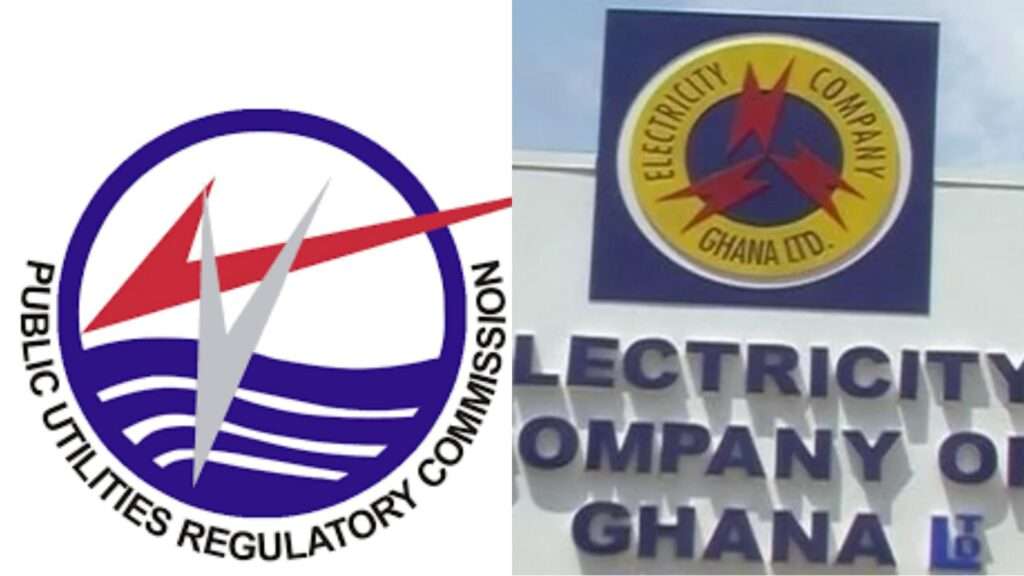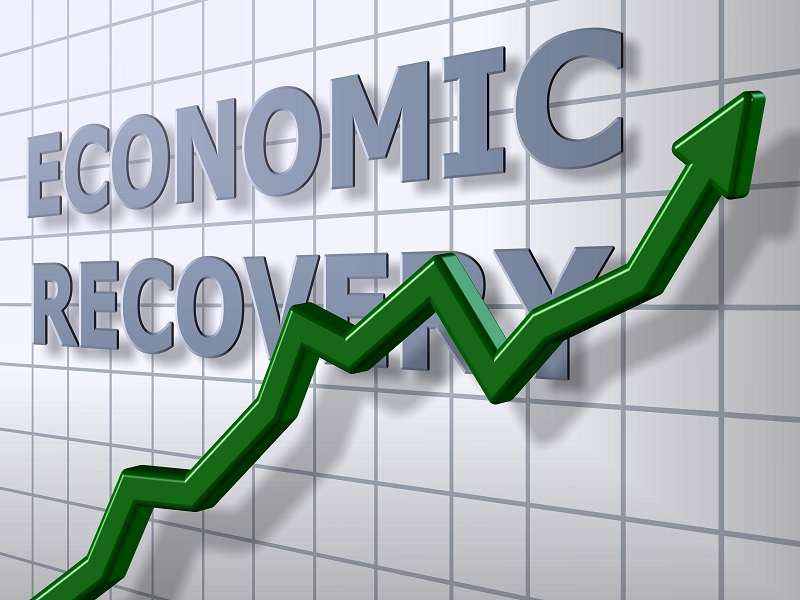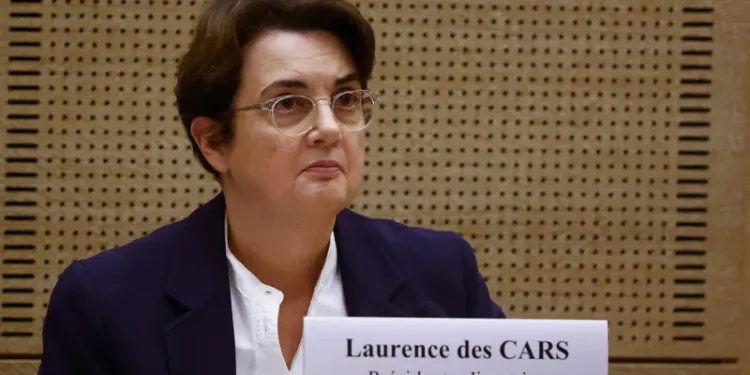The Ghana Union of Traders’ Associations (GUTA) has slammed the recent utility tariff hikes, blaming them on deep-seated inefficiencies and mismanagement within the country’s public utility sector.
According to the Association, the Public Utilities Regulatory Commission (PURC)’s reasons for the increment “do not hold water,” and reflect a broader culture of inefficiency, corruption, and a lack of accountability in the sector.
While GUTA acknowledged the inevitability of change, they insisted that “life is not static,” and adjustments to tariffs should be driven by necessity, not the “whim of any particular body.”
Their statement painted a grim picture of a utility sector plagued by wasteful spending, theft, and a disregard for public accountability.

“Some of which are: Inflating the cost of purchases and other charges for individual benefits to the detriment of the state.
“Ineffective system of collection of bills from defaulters, especially from the state institutions, resulting in outstanding debts, which are eventually and unfairly passed on to other consumers of the Utilities, thereby surcharging domestic and commercial consumers in the country for these inefficiencies.”
Ghana Union of Traders’ Associations (GUTA)
The organization voiced serious concern about the persistent failure of utility providers to recover debts from government institutions—burdens that are then unfairly transferred to ordinary Ghanaians through higher tariffs, despite their already difficult economic circumstances.
GUTA also criticized the Public Utilities Regulatory Commission (PURC), accusing it of inadequate oversight, particularly in monitoring and evaluating utility providers to ensure value for money and prevent mismanagement or corruption.
Broken System Undermining National Development
Additionally, GUTA highlighted a deeply troubling revelation concerning the disappearance of over a thousand containers reportedly owned by the Electricity Company of Ghana (ECG).
According to the Association, these containers have inexplicably gone missing, with some eventually discovered in unexpected places such as the Central Region and even within the compound of a manufacturing firm in Tema.

For GUTA, such scandals underline the depth of dysfunction.
Accordingly, the Association argued that if the PURC had enforced strict standards and maintained rigorous oversight, most of these problems—including theft, mismanagement, and revenue losses—could have been curtailed.
Instead, the consequences have spilled over into the private sector, stifling productivity, increasing production costs, and weakening Ghana’s ability to stabilize its currency and economy.
They believe the private sector, particularly local industries and agriculture, is bearing the brunt of a corrupt and bloated public service.
“Save those revenues to support the Private Sector, especially our local industries and the agriculture sector… to help reduce importation, stabilize our economy, and take care of our currency depreciation and food inflation.”
Ghana Union of Traders’ Associations (GUTA)
GUTA lamented that the public sector has become a “gold mine,” where individuals enter public office solely for personal enrichment.
The Association believes this parasitic approach to national resources has left the country economically stunted despite its vast natural and human capital.
GUTA Urges Structural Reforms, Tariff Hikes
Furthermore, Ghana’s business community pushed for a fundamental change in how the country manages its public utilities.

GUTA urged state actors and government institutions to join forces with relevant stakeholders in order to tackle the deep-rooted inefficiencies and governance failures plaguing the sector.“Ghana is endowed with superfluous resources, human and material, that can easily catapult the nation into economic advancement.”
However, without structural reform, those riches will remain untapped, locked behind bureaucratic greed and inertia.
To this end, they appealed directly to the government to prioritize accountability in the public sector.
The Association also suggested that the government investigate and expose those who “steal, divert, misappropriate, misapply, and/or loot state funds or property,” and recover the stolen wealth of the state.
Without this action, GUTA warned, Ghana will continue to exist in “seeming poverty and squalor in the midst of plenty.”
The Association’s fierce opposition to the tariff increase isn’t just about rates—it is about the structural rot that has made basic services increasingly unaffordable for ordinary Ghanaians while enriching a few. For GUTA, this is a moment for national reckoning.
READ ALSO: GSE Hit by a Proverbial Lull























